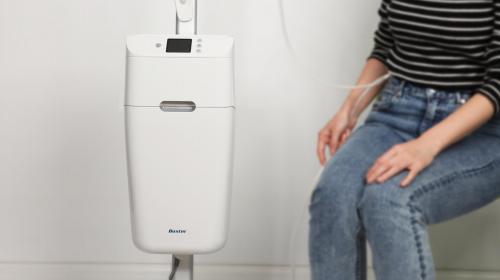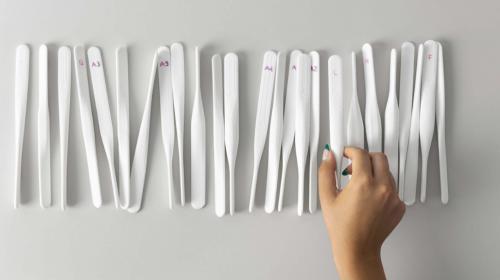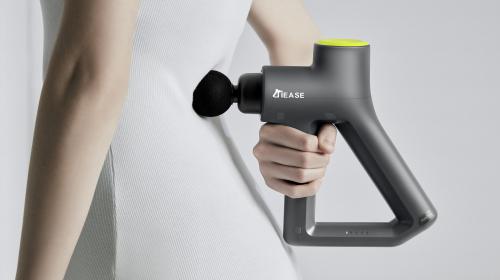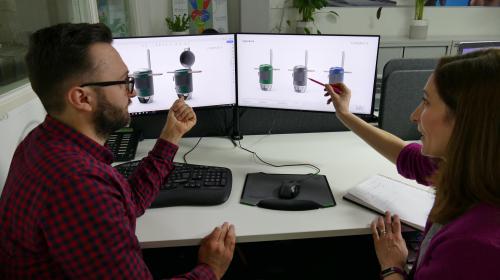
TUOREN
Patient Controlled Analgesia (PCA) Pump
Dependable performance
sustainable design
IDC helped Tuoren improve the quality and reliability of their Patient Controlled Analgesia (PCA) pump introducing a more sustainable design and lower cost of disposables.
Chinese medical company, Tuoren came to IDC to develop a new Patient Controlled Analgesia (PCA) pump.
PCA products have a reputation for creating electronic and plastic waste, and Tuoren was keen to improve this with a more sustainable design while lowering the cost of disposables.
As well as this, Tuoren wanted to create a device that offered customers the assurance of optimum reliability and ease of use to improve commercial success.
PCA devices enable patients to control their own pain relief in a safe way, providing ‘on-demand’ drugs through an intravenous catheter.
PCA pumps typically include a reusable controller and peristaltic pump including several electronic and mechanical elements to control the pump, combined with a disposable drug pouch. Some PCA pumps are fully disposable which results in high electronic waste, and others offer a detachable ‘drug box’ which reduces waste to mainly plastics.
Tuoren’s previous product came into the disposable drug box category which meant significant plastic waste. This older product also suffered from accuracy and usability issues, with a low-quality appearance which didn’t appeal to hospital buyers. IDC was briefed to develop a new product which overcame these issues and kept disposable waste to a minimum. As well as this, the team was keen to keep manufacturing costs as low as possible.
Tuoren came to IDC right at the beginning of the development process. Tuoren’s team had gathered insight based on hospital users and also supplied full technical requirements for regulatory purposes.
IDC then performed all development tasks from research to production tooling. This included product architecture definition, industrial design, user interface design, electronics and software development, detailed engineering design, prototyping and testing, and preparation of data for production tooling.
One of the biggest challenges for IDC was to improve system accuracy.
There are a large number of variables to control in PCA pumps and since the displacement distance of the elements that squeeze the tubing is so small, a small variation in geometry can make a large difference to pumping efficiency. This could lead to problems such as drug leakage or even back-flow from the body due to blood pressure, so accuracy was key in creating a device that performed with total reliability.
IDC’s new product kept disposable waste to a minimum with the disposable elements being only the drug pouch and a small cassette that held a section of silicone tube for pumping, rather than a box that enclosed the pouch. With these disposable elements being replaced after each patient, another design challenge was to reduce the chance of fitting variability.
The team overcame this by making the design as intrinsically accurate as possible, with thorough tolerance analysis, and manufacturing control to ensure the pump was accurate and repeatable over time.
As well as all the technical improvements to the device, Tuoren is delighted with the look of the final product, which is aesthetically appealing with a slim profile and is easy to handle compared to competitor products.












